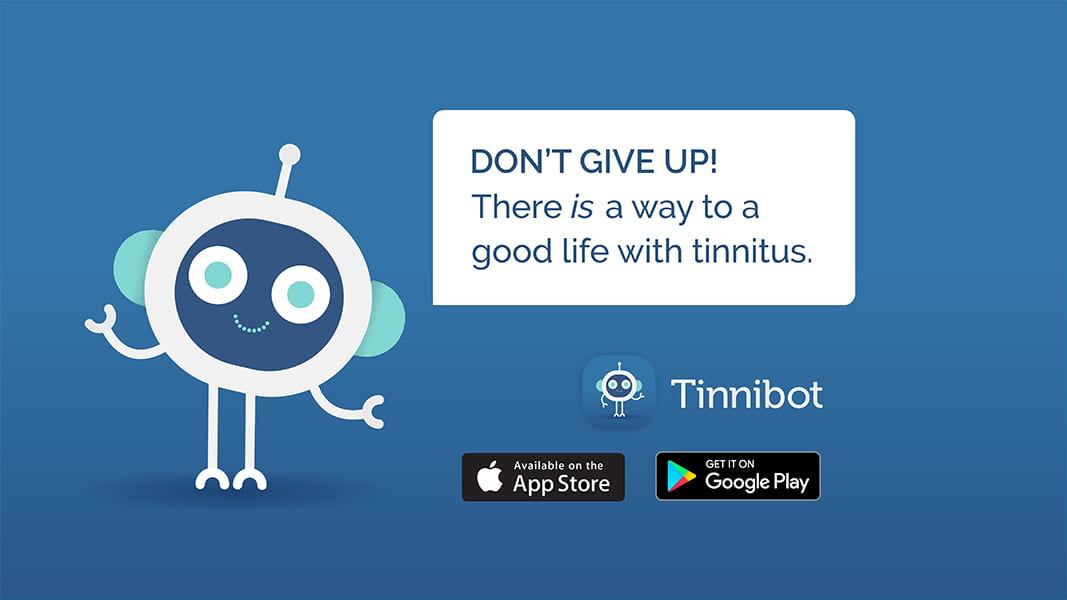By Rajesh Kumar, M.P.H.
Maintaining clinical audiology services during Covid-19 lockdown posed significant challenges. But out of those challenges have emerged new opportunities for accelerated development of eHealth solutions that could help future-proof the profession.
Ongoing management of tinnitus is one area that could benefit sooner than others with some of the ‘shovel ready’ eHealth solutions. At the Eisdell Moore Centre (EMC), deputy director Associate Professor Grant Searchfield and his team are involved with the development of Tinnitus Tunes, an online repository of clinically proven information, advice and the latest research on tinnitus for patients, researchers and health professionals.
Tinnitus Tunes capitalises on proven techniques honed over 15 years of diagnosis, treatment and ongoing management of tinnitus patients at the University of Auckland Hearing & Tinnitus Clinic, to ensure the expertise can become accessible from anywhere at any time. In its early stages, the web-based tool is already being utilised by people from 34 countries.
Similarly, Tinnibot is a robotic solution that aims to address the lack of access to clinical psychologists for tinnitus clients struggling to deal with their condition. It offers a virtual alternative in the form of a chatbot that audiologists, GPs or ENT specialists could refer their clients to. Dr Fabrice Bardy, a Hearing Scientist from Europe, recently received EMC funding to study its efficacy and effectiveness for delivering cognitive behavioural therapy (CBT) to tinnitus clients.
“There are very few psychologists who are trained to provided tinnitus counselling, so it made sense to provide the service digitally to increase the reach and make the service accessible to all,” says Bardy, adding that in cases where a chatbot was not proving to be sufficient, an integrated video call platform would make sure the clients can get in touch with a real, human psychologist.
High needs?
Clinicians say tinnitus lends itself easily to these technological solutions due to the clients’ “high needs” that place a huge demand on limited resources. The situation becomes dire in rural communities, not to mention a Covid-19 type sudden crisis, wherein providing even basic ongoing face-to-face support may not be feasible.
Once the diagnosis is confirmed and treatment and management options are discussed, hundreds of clients do not necessarily need an ongoing in-clinic interaction with their service providers to answer the questions they may have. That’s where an online service like Tinnitus Tunes can provide a viable alternative.
The typical journey of a tinnitus client
Tania Linford, research audiologist and a professional teaching fellow, had to move all her face-to-face consultations with tinnitus clients, booked months in advance, to video chat during the Covid-19 lockdown.
Describing the typical journey of a tinnitus client, she says the consultation with a new client complaining of ringing in the ears includes a comprehensive history taking to find out what may have caused tinnitus and what might be contributing to it, in addition to checking the client’s ear health and general wellbeing.
“Explanation about tinnitus is more effective if I am using a PowerPoint to explain the mechanisms, causes and treatments options…the clients usually need more resources to refer to later on and resources such as Tinnitus Tunes can prove to be extremely useful,” she says of the “informational” counselling.
The next steps usually involve a much more individualised approach following audiometry to perform a full diagnostic hearing test to see if the client has hearing loss and the extent of the loss, speech test and tympanometry to look for eardrum or middle ear issues. The clients still need to visit a physical clinic for these.
Those exhibiting certain ‘red flag’ symptoms such as unilateral tinnitus, pulsatile tinnitus, asymmetry in hearing, conductive hearing loss, unexplained hearing loss, fullness/pressure in the ears, pain in the ears, pulsating tinnitus, middle ear abnormality or sinus issues need to be referred to ENT specialists. And those experiencing despair, depression or anxiety type psychological issues also need to be referred to specialist tinnitus psychologists. Tinni Bot aims to address the latter, Tinnitus Tunes offers informational counselling and ongoing support.
A client perspective
Steve Booth, a tinnitus client currently being helped by the Auckland University Hearing and Tinnitus Clinic, says not many health professionals realise how devastating the condition can be for the sufferers. Their usual advice is: the condition is incurable and they need to learn to live with it for life.
“Ringing in the ears intrudes on every aspect of your life… it becomes the centre of your universe. And learning that the condition is incurable can cause despair, leading to anxiety and depression,” says Booth.
Because the client is unable to function properly in their day-to-day life, the GPs usually put them on anti-anxiety or anti-depression pills, he says, leaving clients at their wits’ end because the root cause of the problem remains unaddressed.
“We want proactive, productive advice. And hope. Not devices or pills…Hope is actually the best thing you can give to a client, under the circumstances,” says Booth.
Having used tinnitus tunes, he says the service can be particularly useful in the initial phase when a million questions are whirling around the heads of the tinnitus clients.
“It acknowledges that tinnitus can be devastating, and reassures that there are thousands of others like me who are suffering the same way and gives clinically proven tools such as brain retraining, the use of white noise, identifying triggers for sudden exacerbations and managing stress to effectively manage the condition and live a normal life.”
Associate Professor Searchfield is hopeful several new solutions will soon begin emerging to fill the tinnitus diagnosis and treatment gaps that currently exist, to create an effective, wraparound digital solution for the clients.
“The (digital solutions) can also be a viable alternative for resource-poor communities in the wider Pacific region where physical access to audiologists and counsellors is extremely patchy or non-existent,” he concludes.
(Rajesh Kumar is a former journalist and a part-time consultant at the EMC. He is currently preparing for his PhD in Public Health).
